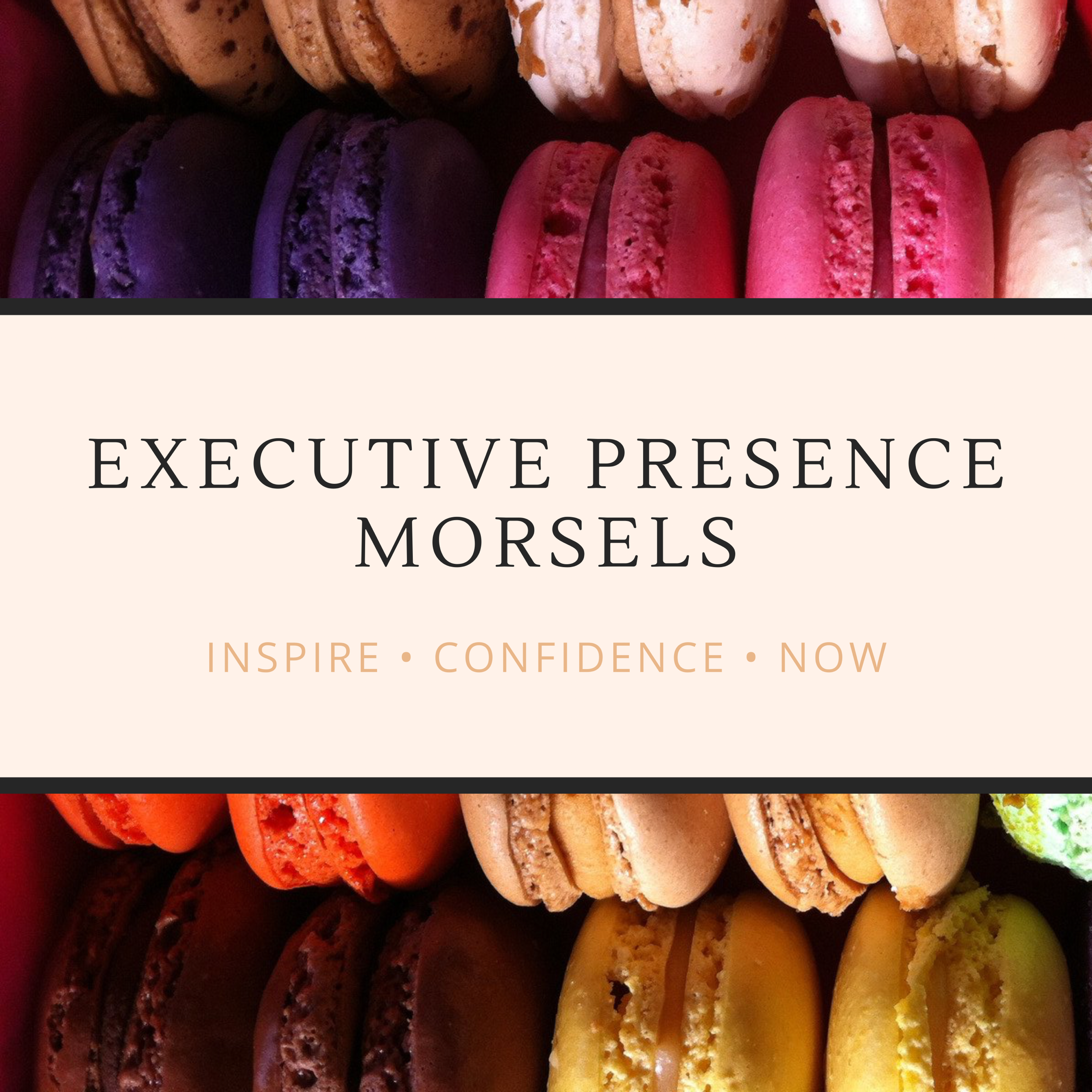Tuesday, July 20 2021
Today: What does being resolute have to do with executive presence? Find out how executive presence works and what it means for you.
Your turn: We'd love to hear from you. Use the "Message" button on the Anchor app to share a story, question, or feedback related to this episode. Or email us at joe@connectioncounselor.com
Learn more: Details about the book, online course, YouTube tutorials and more can be found at www.connectioncounselor.com/executive-presence-place
Music: Earning Happiness by John Bartmann is licensed under a CC0 1.0 Universal License
“Remember, it’s not what you say, do, or wear. It’s how you make people feel that generates executive presence. Nothing. Else. Matters.”
Let's talk about another partial misconception about executive presence. And that's the thought that if you have have executive presence, it's a gene or some sort of tool that you have in your pocket, and you can just bust it out anytime you want and use it — no matter what the situation, if you choose to use it.
Now, the problem with that conception is executive presence isn't really transferable across domains or situations, except when it sometimes is. So what do I mean by that? If we take a look at our original definition of executive presence, which is: executive presence is the ability to inspire confidence that you can lead well in a given situation.
So if you think about that, just because you can inspire confidence that you can lead well in one scenario does not necessarily mean that will hold true in another scenario. What's going to change? Well, besides the scenario, changing, the audience can change. Your skill level or your confidence or your ability to inspire a company can change as well.
Everyone knows someone though, who seems to have outsized executive presence and it seems like they can almost do anything like you would follow them to do almost anything. So you may be wondering, well, what about that, Joe? How come those people seem to have executive presence in every scenario?
So, what I would say is that they do definitely have executive presence across more scenarios than let's say the average person who you'd only think that they have executive presence in one or two given scenarios. And the reason that is, most likely because they have highly attuned their ability to inspire confidence, even when they don't really know as well what they're doing, or the other people, it's a new sort of scenario or crowd.
Their ability to really connect with the other people, whoever they are to inspire confidence, regardless of the task, is really a special skill and allows them to have executive presence in areas where a lot of other people might not have it.
So, that's one thing to consider that don't be discouraged if you don't have executive presence in every single scenario. It's not intended to work that way. You will have executive presence though, as long as you can inspire that confidence that you can lead well.
So, many different paths to get there. No matter how you do that, as long as you meet that requirement, you can and will have executive presence regardless of your experience in that area, regardless of whether you're the best person to lead. Again, it's not about merit. It's about that feeling that you engender in other people. That's what gives you the executive presence.
There's this great way that you can participate by sharing a message on Anchor.fm with your thoughts or questions on executive presence. I'd love to hear from you. My name is Joe Kwon, the Connection counselor. Thanks for listening to Executive Presence Morsels. Remember, it's not what you say, do, or wear. It’s how you make people feel that generates executive presence. Nothing else matters.




